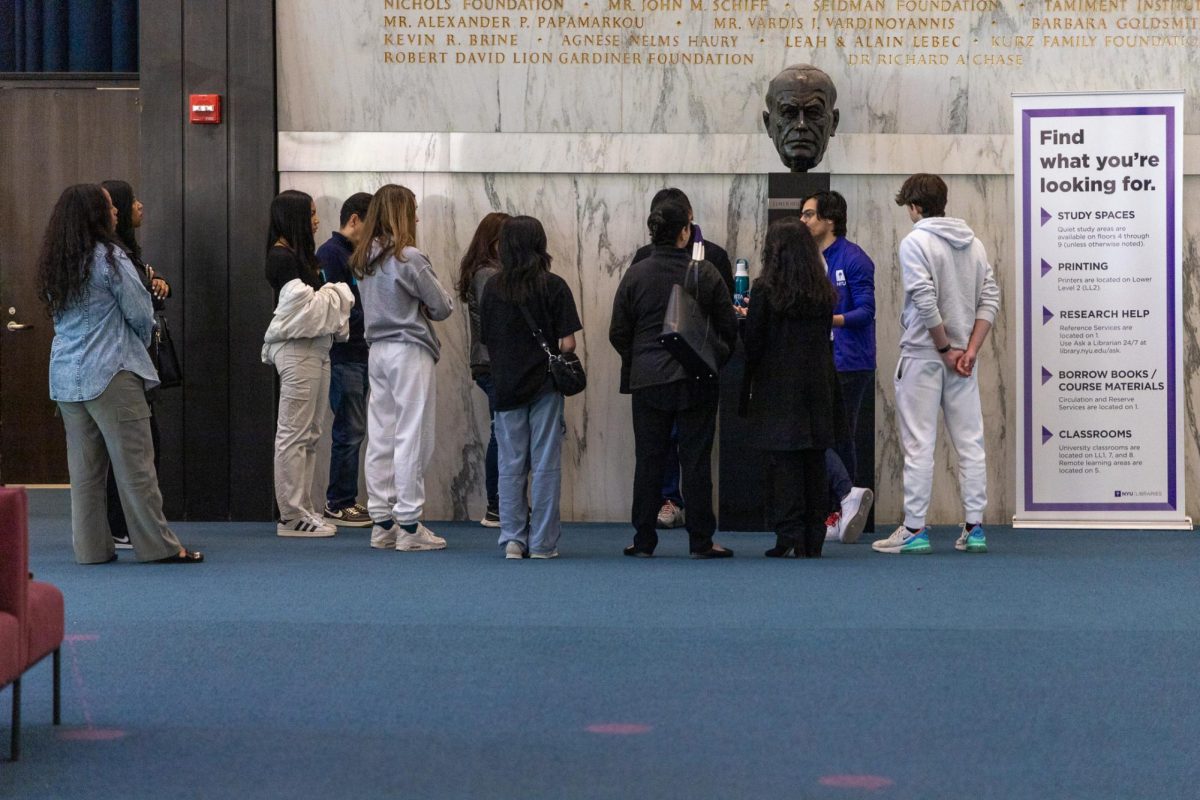Every student abroad has to continuously answer the question: Where are you from? Here in Spain, the question is, “¿De dónde eres?” There is not one simple answer to that question. Instead, the question should be, “De dónde te sientes?” which means, “From where do you have a sense of belonging?” Although the literal translation would be, “From where do you feel?”
Although it sounds strange, sometimes we feel the need to prove to others — and possibly to ourselves — our nationality. However, nationality only exists as long as there is an “other.” If we were alone, the question of nationality would probably be the least of our worries. Therefore, the raison d’être of this question may seem to be based on a social factor. But I believe it is more of a personal question.
Nationality can also be an issue in one’s home country and to oneself. Take me as an example. I was born in Venezuela — although I don’t have Venezuelan citizenship — to an Argentine father and a Spanish mother. Since I left Caracas when I was two years old, I have lived in Singapore, Egypt, Morocco and Argentina, and I’ve now been in Spain for the past six months. I have a brother in Russia, another in Spain and a third in Yemen. When I lived in Argentina, my friends sometimes called me Moroccan or Venezuelan, and now that I am in Spain, I am considered Argentine again even though I am also Spanish. To make it even more confusing, my Argentine ID says that, according to law, I am a native Argentine because of my parents’ job. So, technically, I was born in two different countries that are more than 3,000 miles apart. Try to sort that one out.
When people ask me where I am from, I take a short breath and say Argentina, but the irony lies in the fact that it is mainly in Argentina and Spain — where I am legally from — that my nationality is questioned. Thus, nationality is not defined by one’s fellow citizens.
So what does define nationality? Although each country has its own nationality laws, in our day-to-day life these laws do not define our sense of belonging. You can be legally from a country you’ve barely lived in. Your family origins could be from a country that feels foreign to you.
We do not usually choose where we grow up, but it is up to each one of us to decide if we want to bond with the place in which we live. It is up to us to construct that sense of belonging in ourselves. One can have a sense of belonging for as many countries as one wants, but it has to be a personal and serious decision. Some may even feel a sense of belonging to a country that doesn’t even recognize them as basic citizens.
The next time I ask someone, “Where are you from?” I’ll have in mind that the answer I get will not express who he or she is. I might ask, “De dónde te sientes?” Or I might not ask anything because what really matters is the answer given to oneself.
Jorge Santander is a foreign correspondent. Email him at [email protected].














































































































































susana murphy • Feb 22, 2013 at 11:16 pm
Entiendo muy bien lo que expresas, tengo un hijo, argentino, ciudadano frances e israeli, mi otro hijo se educo en NY, nacio en Argentina pero vive en LA, lo cierto de tu paper es, donde realmente te sentis bien?
Mi hija, se acaba de ir a vivir a Temuco, Chile….donde se siente bien?
Buena reflexion sobre que es la nacionalidad…